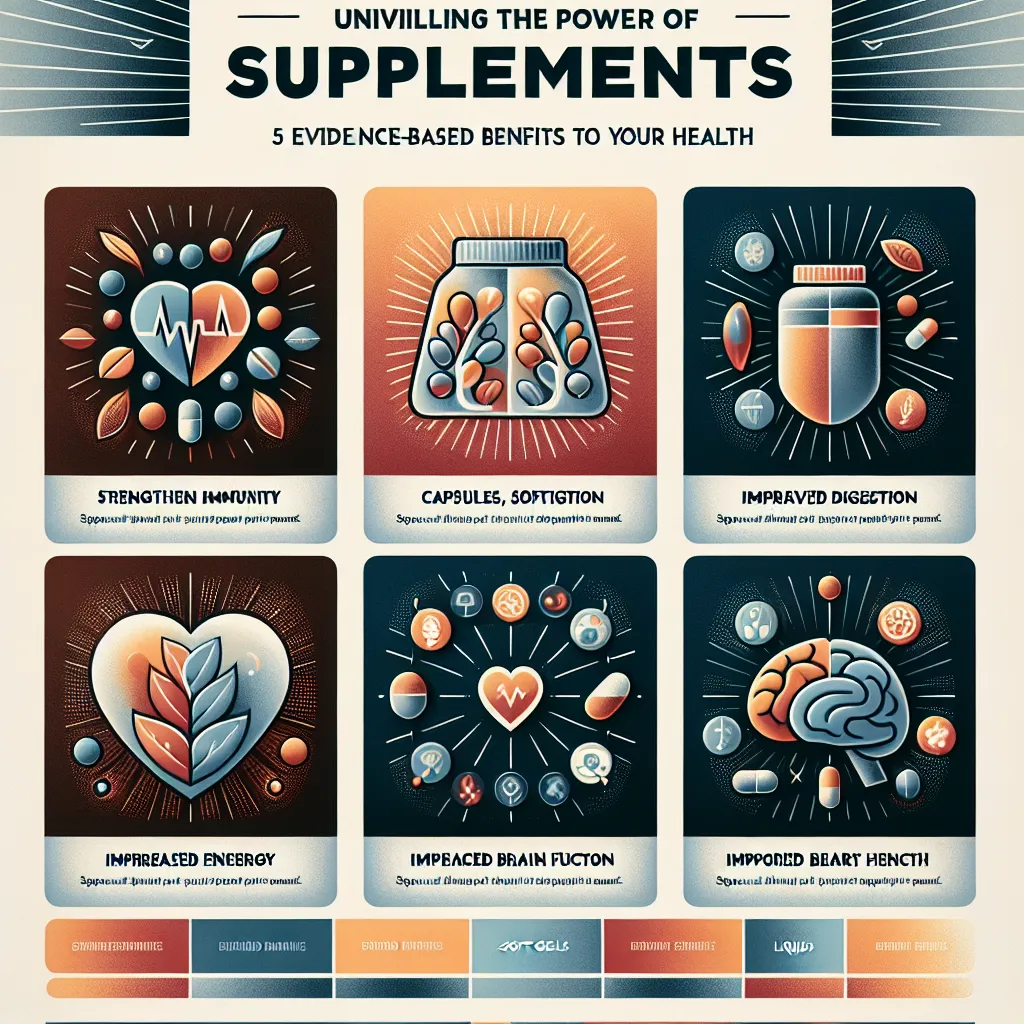Omega-3 Fatty Acids
Omega-3 fatty acids, commonly found in fish oil supplements, have been scientifically proven to support heart health. According to the American Heart Association, these fatty acids may lower the risk of heart disease, reduce inflammation, and improve cognitive function. Find a supplement with a good balance of EPA and DHA, the two crucial types of omega-3.
Probiotics
Recent health trends have highlighted the importance of gut health, and for good reason. Probiotics are beneficial bacteria that promote a healthy gut microbiome. They've been found to help with digestion, boost the immune system, and even improve mental health. Opt for a supplement with multiple strains for optimal benefits.
Vitamin D
The "sunshine vitamin," as it's often called, is essential for bone health as it helps with calcium absorption. It's also been linked to improved mood and a stronger immune system. With many people spending more time indoors, a Vitamin D supplement can be a valuable addition to your routine.
B Complex Vitamins
This group of vitamins, including B12 and folic acid, plays a vital role in energy production, brain function, and cell metabolism. Vegetarians and vegans may especially benefit from a B12 supplement, as this vitamin primarily occurs in animal products.
Magnesium
Magnesium is a powerful mineral that supports numerous bodily functions. It aids in nerve and muscle functions, bone health, and regulating blood sugar levels. Despite its importance, many people don't get enough magnesium in their diet, making a supplement a great option.
Conclusion
Supplements can be a powerful tool to enhance your health and well-being. However, they should complement a balanced diet, not replace it. As always, consult with a healthcare professional before starting any new supplement regimen. Knowledge is power, and knowing the evidence behind your supplements can empower your health journey. Stay informed and stay healthy.



